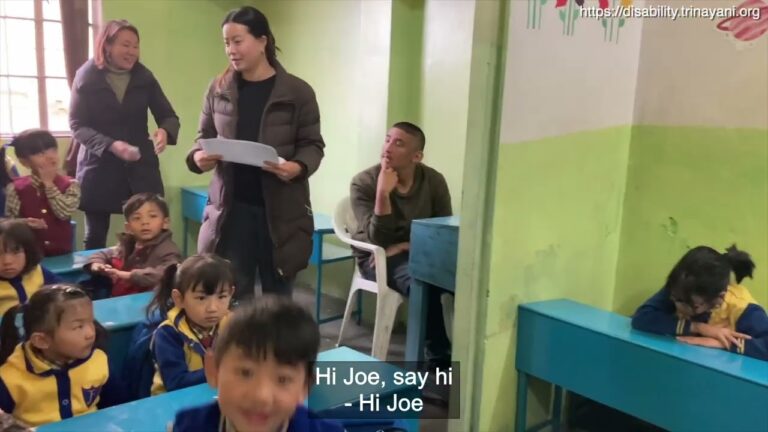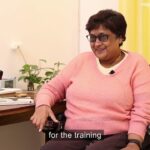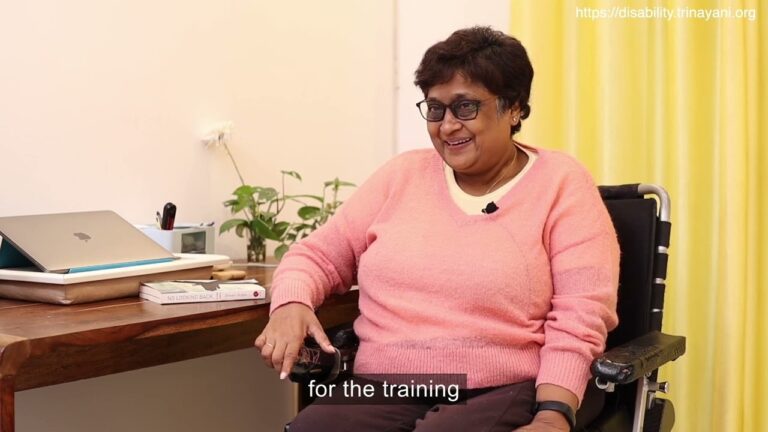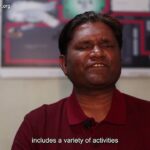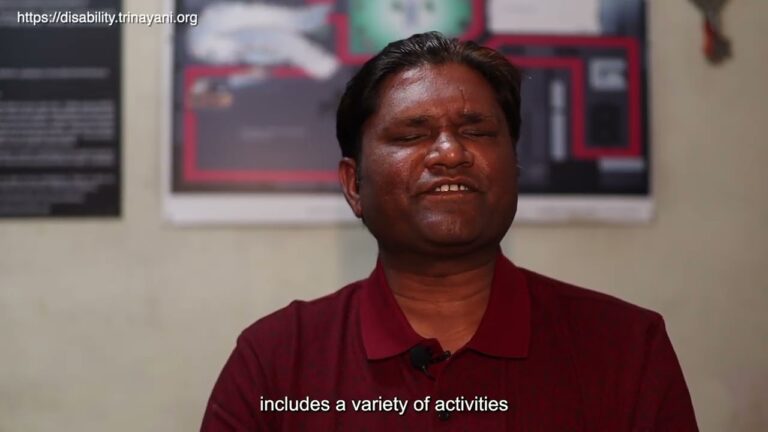Raphael Centre – Dehradun
Share
Narrated by Priyo Lall, Chief Executive Officer of Raphael, this story traces the Centre’s journey from its beginnings in 1959, offering refuge to people living with leprosy, to becoming a vibrant home for children and adults with intellectual and multiple disabilities.
Through Priyo’s words, you’ll step into a world built with – where every life is seen, supported and celebrated.
You can navigate to the specific topics using the following chapters:
00:00 – Ritika Sahni’s introduction to the film
00:29 – Raphael Centre, Dehradun
Dive Deeper: More on Disability
Learn about the most common inquiries surrounding disability, education, legislation, accessibility, employment and other sectors related to disability.
Browse content by




